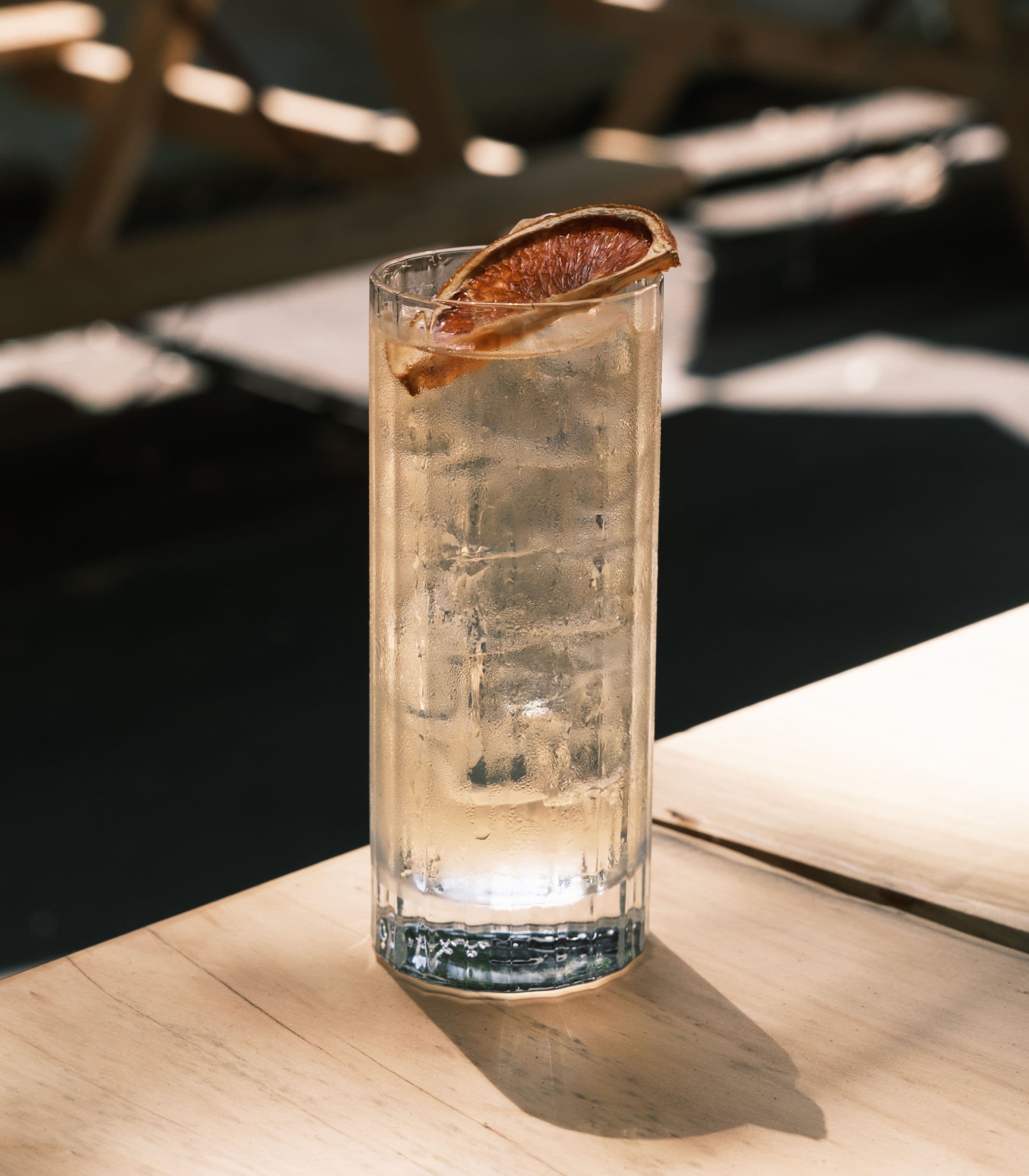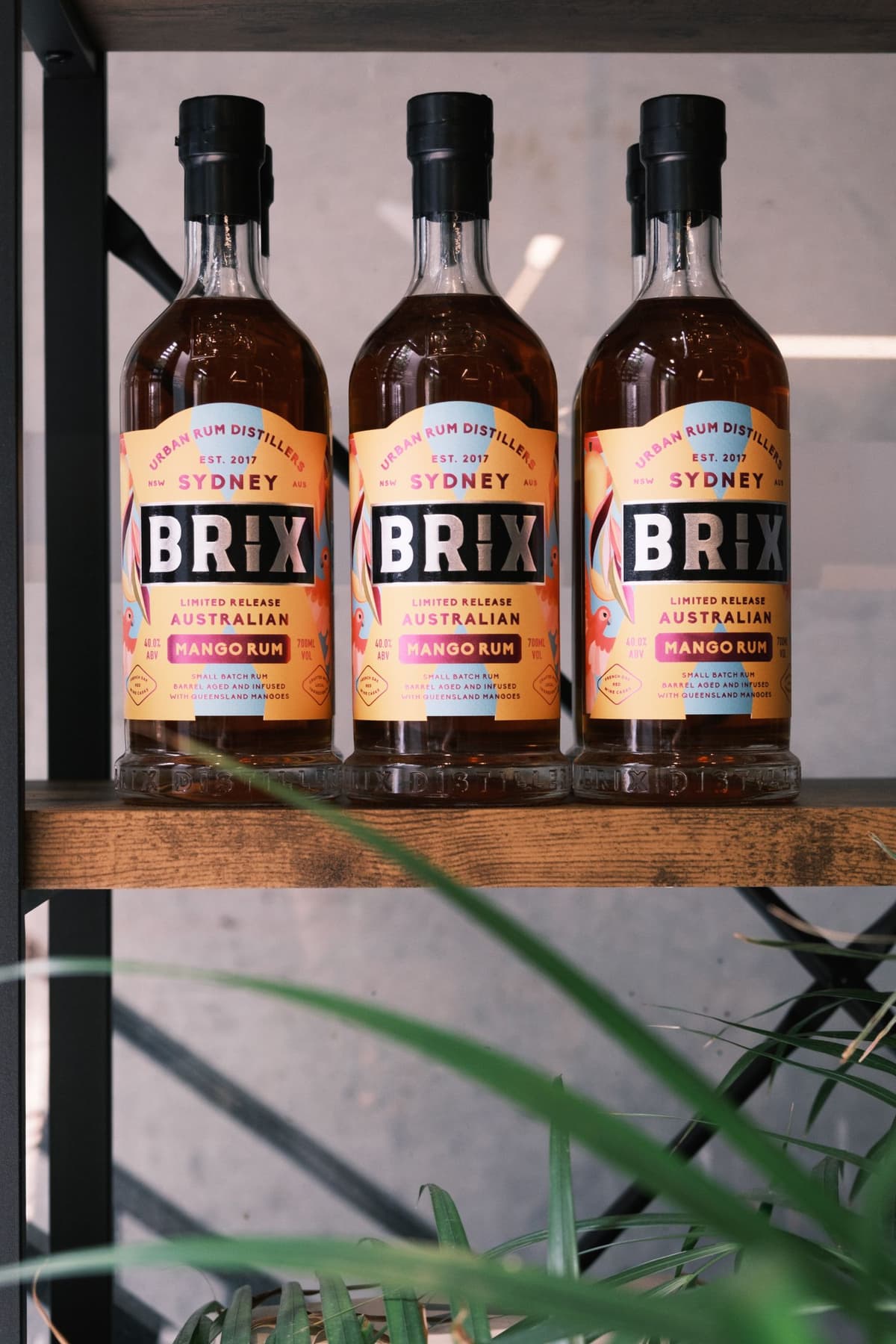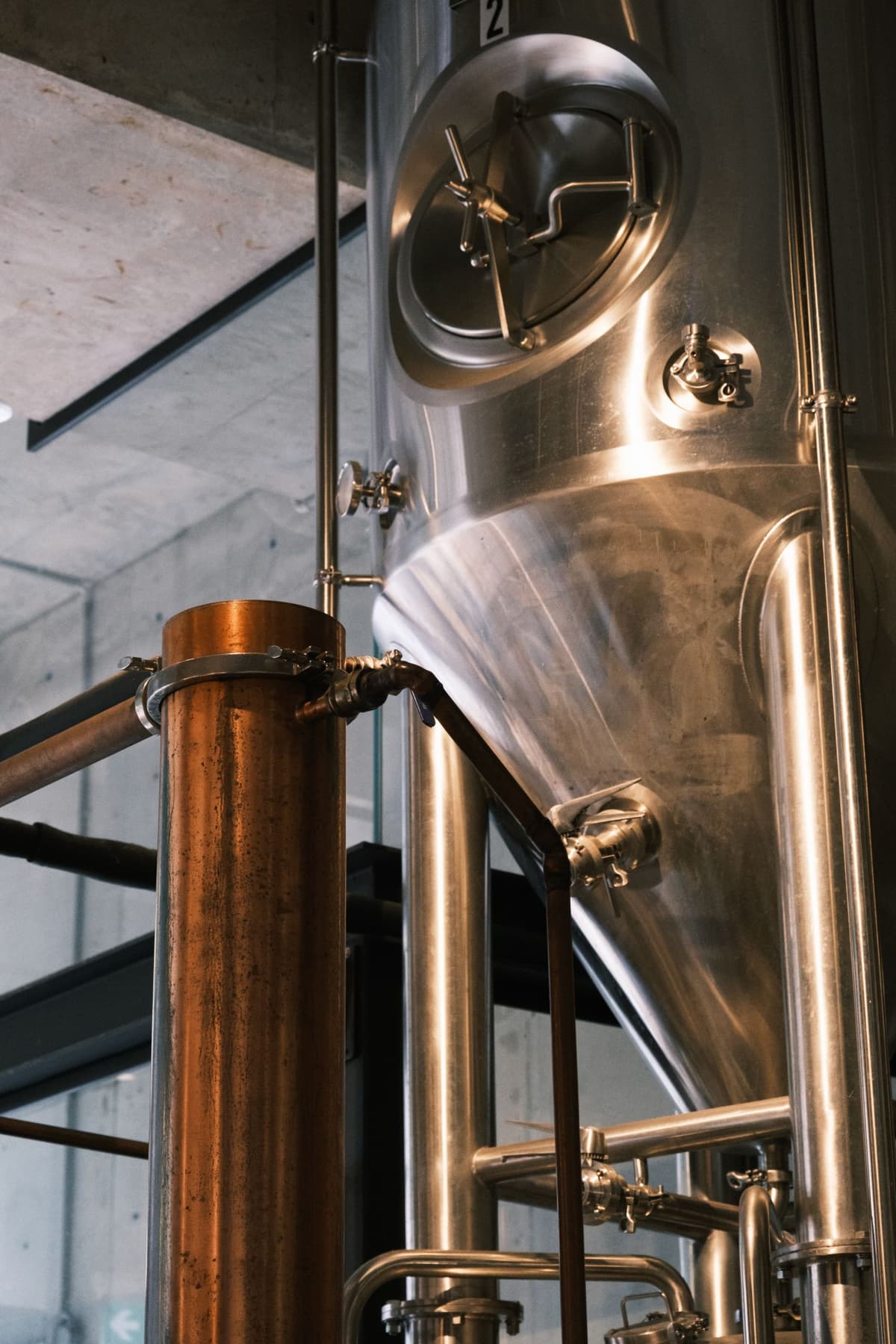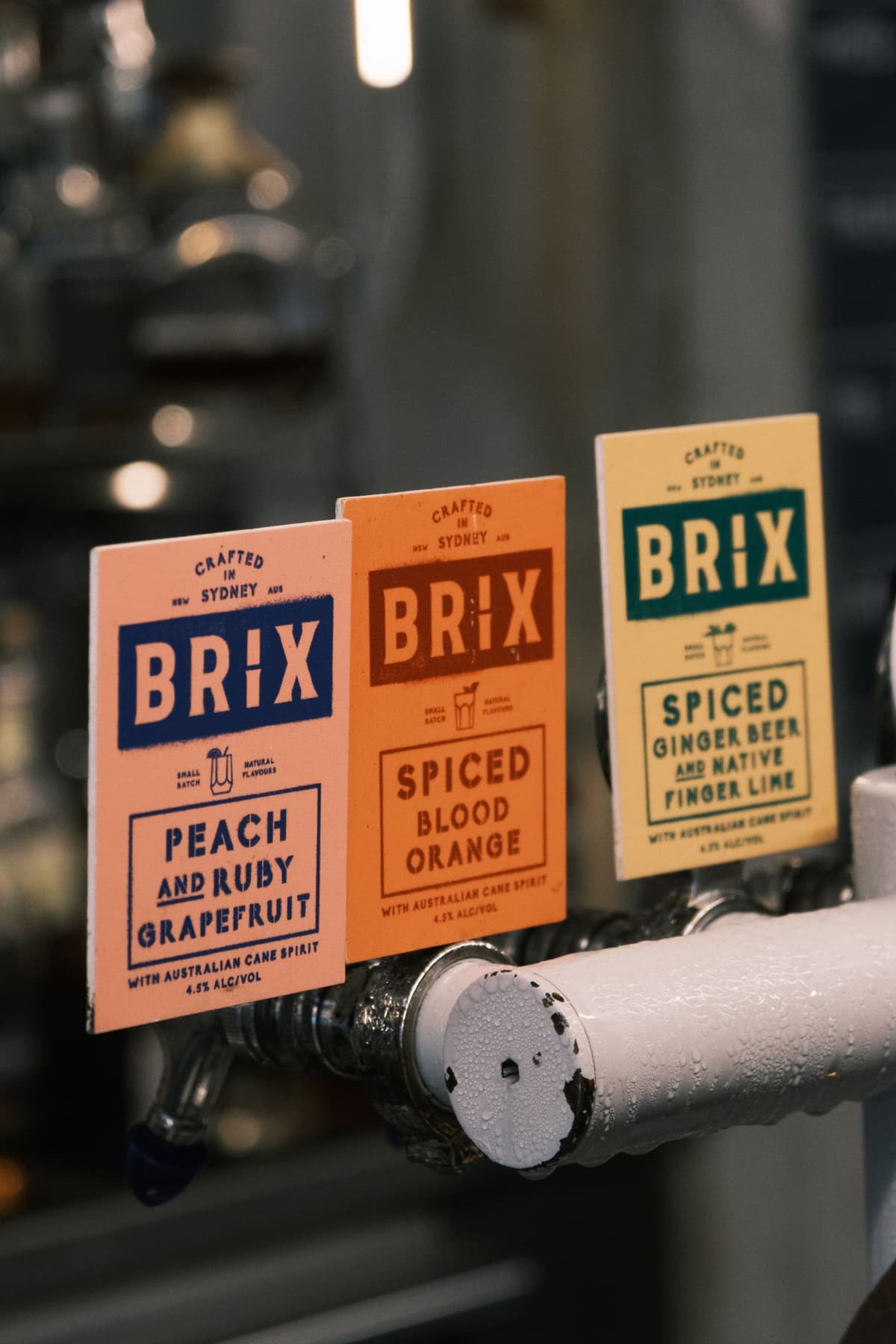Verify Your Age
To visit Measured, you must be of legal drinking age. Please verify your age before continuing.
To visit Measured, you must be of legal drinking age. Please verify your age before continuing.
By continuing you are also agreeing to our Terms of Use and Privacy Policy.
Brix is answering the call of Australian rum by acknowledging its complex past and reinventing its future.


This moment in time is perhaps the very first in Australia's long (and complex) history with rum that we can say, take a chance. It’s going to do its very best. And yes, we’re paraphrasing ABBA, but we happen to think they’re amongst some of the greatest living poets of our time.
So go with it.
“We have a strong history of rum in Australia,” says James Christopher, Director of Sydney-based Brix Rum.
That long history has dark roots, which need to be acknowledged if we’re to really appreciate its “bright future”, as Brix puts it. Before there was rum and Coke, there was rum and colonisation. The history of rum is intertwined with the exploitation of indigenous and enslaved peoples, particularly in the Caribbean. In Australia, rum was aboard ships in the first fleet and became among our early settler currencies, bringing with it corruption.


It doesn’t take an anthropologist to see how rum evolved from the drink of sailors and convicts to the spirit of choice for the working class in the ‘70s and ‘80s. At the same time, Young Urban Professionals, or “yuppies” as they were called, were on the rise and with them came a counterbalance, blue-collar drinkers doubling down and turning brands like “Bundy” into part of their identity.
Today, new craft brands like Brix are striving to reinvent Australian rum, both the spirit and consumers’ expectations. “We're [the founders] all rum drinkers, and we would sit around and drink rum and just chat,” remembers James. “One thing we noticed was the growth in the craft industry in Australia was all happening with gin and whisky.”
Rum’s working-class history meant that it was being overlooked as the perfect candidate for small-batch craft production. To the spirit’s detriment. “We have a fantastic climate for growing sugarcane, but also for ageing and maturing spirits,” says James. People’s perceptions meant that the opportunity was uncontested, giving Brix the green light to do something new. “We set out to produce a really good quality craft rum and focus on great ingredients, great barrels from around the country and ageing some really good quality rum to show people that rum isn't what they think it actually is.”


Getting serious about rum production doesn’t mean the inherent exuberance of the drink gets filtered out. Not in the case of Brix, anyway. Yes, there’s serious attention paid to the raw ingredients, the distillation and the aging process — in many ways mirroring the process of its white-collar cousin, whisky – but one thing rum has to offer that whisky lacks is its sense of fun. Perhaps one of the reasons why it’s considered so fun is its versatility — rum is up for anything. Go dancing, go walking, listen to some music, maybe just talk, get to know it better (yes, that’s ABBA again).
“If you can use really good ingredients, really good processes and really good barrels, the outcome can be as better than a whisky-drinking experience,” James insists. “But unlike whisky or gin, rum is the most versatile spirit on the market.”
Rum is the spirit with many faces. You can find spiced rum, aged rum, flavoured rum, white rum—there are even rum liqueurs. James recommends trying an aged rum for something different, “It can be sipped and enjoyed just like whisky might be.” If you’re feeling adventurous, you might even try rum in place of whisky in classics like a Manhattan or an Old Fashioned.
If you are looking to take a chance and explore a spirit that you’ve overlooked or underutilised in the past, make rum the first in line.
Brix
Brix Distillers, located in Sydney, crafts exceptional rum using locally sourced Australian sugarcane. Their distilling methods stand out for their ingenuity and commitment to sustainability. They use a unique hybrid pot/column still to maximise flavour and efficiency.